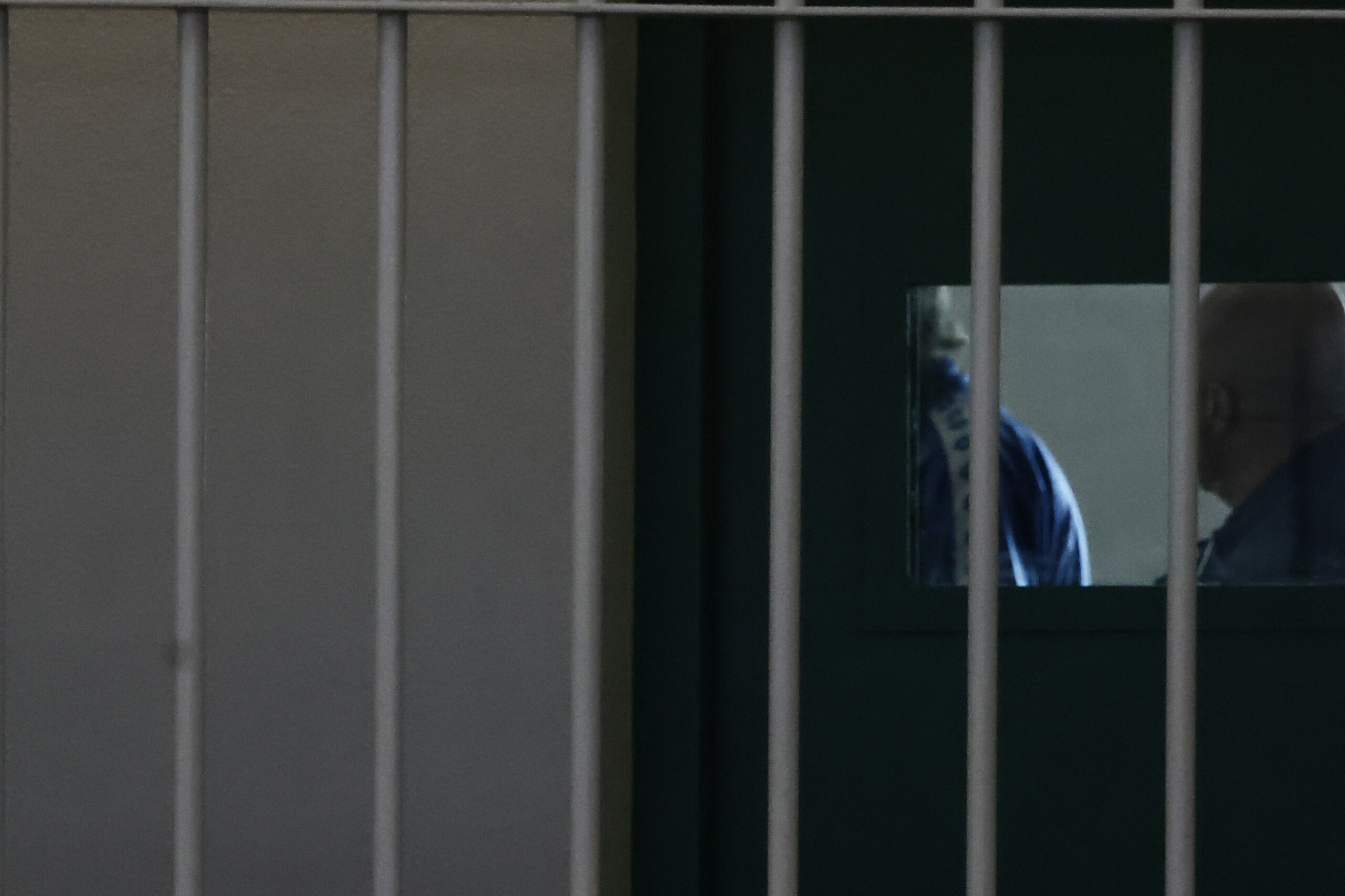Rome, 22 July (LaPresse) – "The prison plan approved today by the Council of Ministers, as has been done many times in the past, relies on construction to solve prison problems.Faced with overcrowding that currently sees almost 16,000 more people detained than there are places available, a plan worth over €700 million has been presented which, if completed, will produce fewer than 10,000 places by 2027. If we consider that in the last three years alone, the number of prisoners has increased by 5,000, even maintaining a similar growth rate, in 2027 we could still be short of about 10,000 prison places'. This was stated in a note by Patrizio Gonnella, president of Antigone. "According to the government, an additional 5,000 places could be recovered by selling some historic prisons and building new facilities. This has been mentioned several times and has always been rightly set aside with regard to prisons such as Regina Coeli in Rome and San Vittore in Milan, to name but two. It is called “enhancement”. It reads speculation,‘ he said. ’Many of the new places will then be in containers, structures that are totally unsuitable for housing prisoners, even for long periods. These are generally used to deal with emergencies and not as permanent solutions, as seems obvious in the government's prison plan. The prison plan, moreover, provides no information on the staff that will be needed to manage the new facilities, when there is already a dramatic shortage of staff in all roles: directors, educators, police officers, doctors, psychologists, social workers, cultural mediators and administrative staff.According to Justice Minister Nordio, thousands more places (up to 10,000) could be recovered through differentiated detention for drug addicts or alcoholics. This creates a dual system of criminal enforcement, the functioning of which will have to be carefully understood, avoiding any form of privatisation of personal freedom. In any case, no automatic measures are planned. Unfortunately, no changes seem to have been introduced with regard to telephone calls, so we continue to call for a regulatory change that provides for one phone call per day, instead of the current ten minutes per week. In short, the prison plan confirms the impression on the eve of its announcement: the government is interested in prisons only in terms of construction and custody, without any modern and humane vision of punishment. The construction proposals presented risk aggravating the crisis in the prison system,' concludes Gonnella.
© Copyright LaPresse


